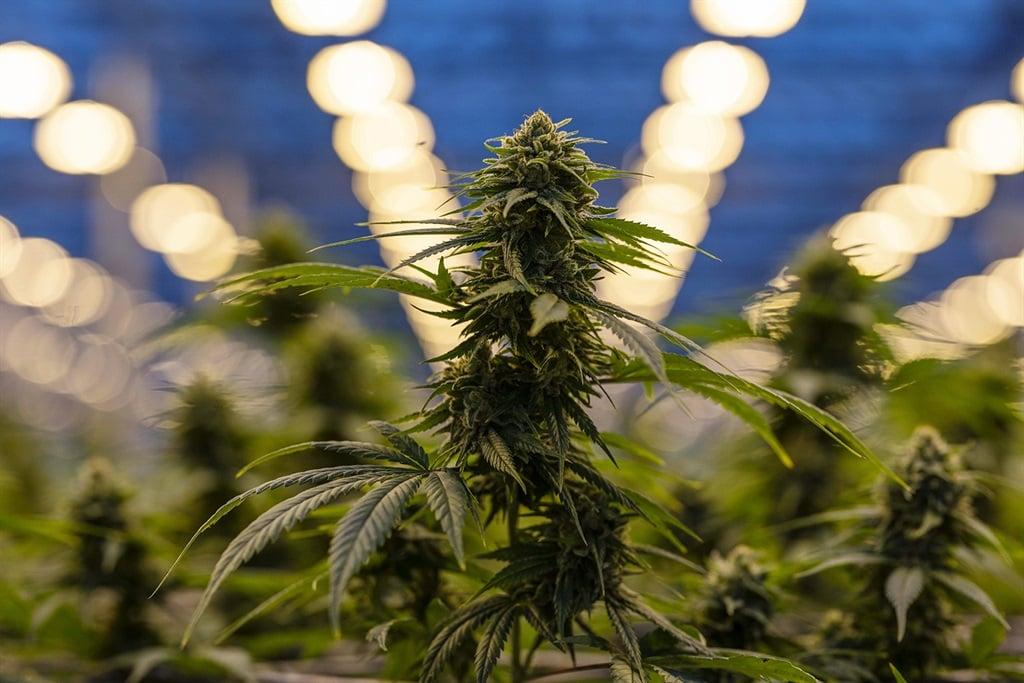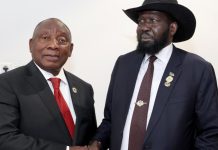Africa-Press – South-Africa. Green hydrogen and cannabis production will form key parts of the Vaal Special Economic Zone’s (SEZ) strategy to re-industrialise the region, according to Zirk Jansen, programme manager of the Vaal SEZ.
The Vaal SEZ is “one of the new kids on the block”, having only been designated in 2021, said Jansen at the 2022 German-African Business Summit.
An SEZ is a geographically delimited area wherein governments “facilitate industrial activity through fiscal and regulatory incentives and infrastructure support”, according to the department of trade, industry and competition. There are currently around 11 SEZs in SA.
The Vaal zone differs from other SEZs in Gauteng, in that it spans over three different municipalities in the Sedibeng District Municipality. This spatial difference allows the Vaal SEZ to have multiple sites, which can service multiple sectors, said Jansen.
While many of these municipalities currently “face challenges”, there still resides a significant competitive strength in the manufacturing resilience in this area, said Jansen.
The region also holds a strong skills base, having two large universities in the area – the Vaal University of Technology and North-West University, he said. This places the Vaal in a good position to address national unemployment through the zone.
One of the key components of the Vaal SEZ’s strategy is to take advantage of the country’s hydrogen economy by making the Vaal the “pre-eminent hub for low-carbon manufacturing and renewable energy production”, said Jansen.
While the region does possess infrastructure, it faces challenges in terms of repair and maintenance, he said. The SEZ, therefore, wants to re-industrialise the Vaal through the country’s green economy.
While this Hydrogen Valley will focus strongly on hydrogen, it will also focus on other sources of alternative energy and attract parts, components and services manufacturers in the alternative energy space, said Jansen.
“We can’t do this in isolation,” he said. “You have to build strong linkages with business. There are a lot of rural areas that have to benefit from this and what we can offer.”
Jansen acknowledged that, in terms of the zone’s situational practice, they are faced with sector industries, particularly metal manufacturing, that have been on the decline since the late 1990s. This decline is partly due to industries having disinvested from the region, and a main objective of the SEZ is to attract new investors into the region.
The Vaal SEZ is also in talks with larger markets like Sasol to see how the zone can bolster their value chains and attract some of the critical component manufacturers that service them, said Jansen.
The zone sees a big opportunity for the region in the renewable energy space. Jansen said that the Vaal has opportunities in the manufacturing of hydrogen, electrolysers, solar batteries and solar panels.
The Vaal region has also seen interest in the agriculture sector, especially in the cannabis and hemp industries.
“We’ve had our fair share of investor interest that we are busy maturing and, once we’ve addressed certain regulatory enablement issues, we will be able to unlock this industry quite fast,” said Jansen.
For More News And Analysis About South-Africa Follow Africa-Press






